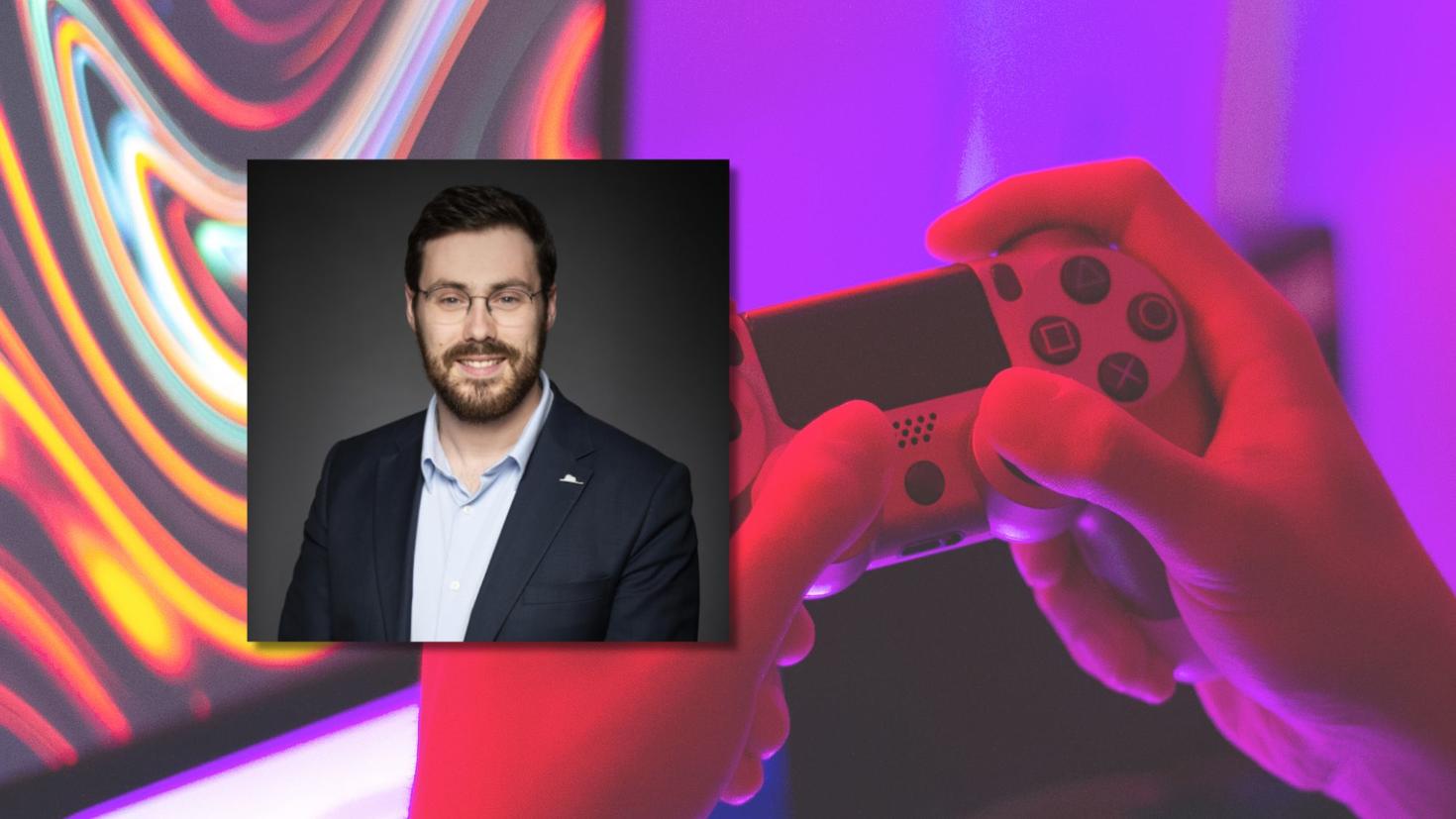The research, conducted with colleagues from the Université du Québec à Montréal (UQAM) and McGill University, analyzed 139 privacy policies from games aimed at children under 13 (under 14 in Quebec). Not a single policy fully complied with Canadian, Quebec, or U.S. privacy laws.
“This is nothing short of scandalous,” says Professor Burelli. “Video game studios are banking on the fact that parents are unlikely to take the time to read the privacy policies in their entirety, and even if they do, will not complain considering the complexity of the procedure to do so.”
The findings highlight the limits of self-regulation in the gaming industry and call for stronger legal oversight to protect children’s digital rights. With nearly 40% of Canadian children aged 6 to 17 identifying as gamers, Professor Burelli warns that these practices could soon face major legal and policy repercussions.
“This study could lead to legal action against studios whose abusive practices have been identified and to legal reforms as there is a real need for legislative intervention to regulate the practices of studios,” says Professor Burelli.
Professor Burelli’s co-authors on the report include Professor Maude Bonenfant (UQAM), Professor Sara Grimes (McGill), Professor Hafedh Mili (UQAM) and Professor Jean Privat (UQAM).A large team of student researchers also assisted with the report, including uOttawa doctoral students Amanda Buttice and Gabriel Cadieux.
Read the full report: Jeux dangereux : la protection de la vie privée des enfants de moins de 13 ans dans les jeux mobiles
